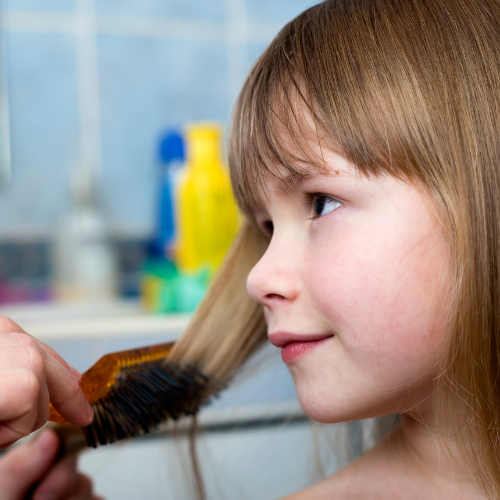The Elderly and Head Lice

Head lice is a problem largely associated with children. Everyone remembers the lice checks they had when they were in elementary school and may have even gotten lice once or twice. Head lice affects mostly children but that doesn’t mean we can’t be vulnerable to an infestation when we are older. Another age group at risk for getting head lice is the elderly, especially those in nursing homes.
Lice don’t discriminate and age is only a number to them . As long as they have the ability to thrive they will make a home on your head. In nursing homes head lice can spread quickly due to the close quarters and close contact with nurses and caretakers. All it takes is one visit from an infested grandchild, niece, or nephew to bring lice into the facility and start an outbreak. Parents should be cautious of bringing a child who may have lice into a nursing home as it can easily become a widespread problem for the residents there.
Many elderly people have little hair or thinning hair but this will not deter head lice. They can live on as little as 1/4th of an inch of hair so as long as there is hair on the head you can be a potential host. Even if a person has never had lice before in their life this doesn’t mean that they will never get it. As they say, you’re never too old for new experiences! Here at Head Hunters we have treated many grandparents into their 80s and 90s who are dealing with lice for the first time.
Nursing homes handle lice infestations the same way a school would. Many nursing homes are required to report outbreaks of bed bugs, scabies, and lice because they can spread so quickly and because their residents can be more sensitive to the bites and the symptoms that go along with an infestation. They may also check their residents to see if it has spread and to treat those who are infested.
Outbreaks of lice among the elderly are uncommon but can go undetected because nurses and staff don’t usually expect lice to be a problem they need to watch out for. Any person who has unexplained itchy scalp should consider the possibility that they have lice and be checked, especially those who have had contact with children.



